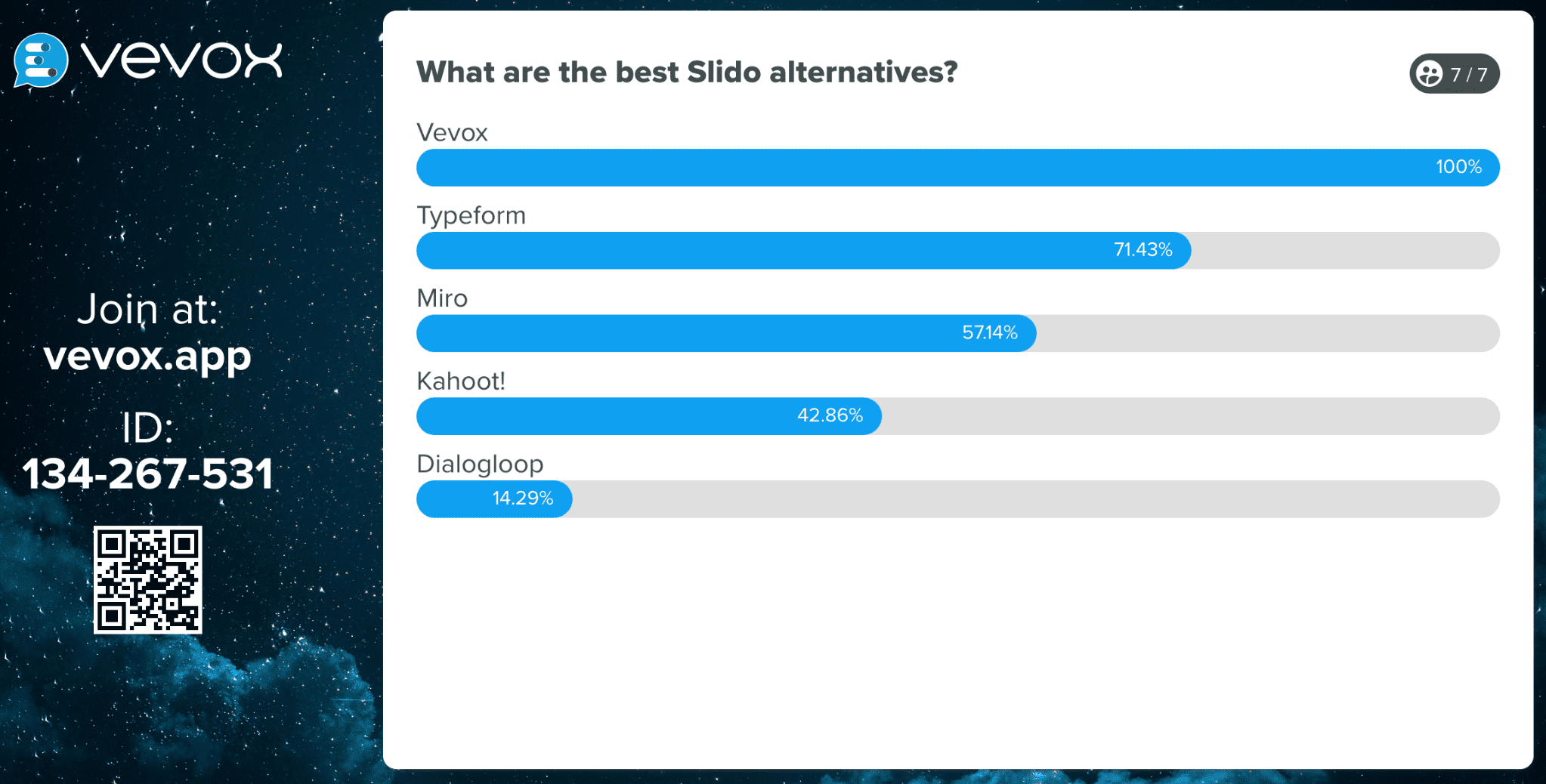Ensuring student engagement is a critical component of creating a vibrant and effective learning environment in universities across any campus in the world. Engaged students are more likely to succeed academically, actively participate in discussions, and develop a deeper understanding of the subject matter. To help educators boost student engagement, we present five effective strategies that have proven successful in keeping students engaged in university classes all around the world.
1. Incorporate interactive learning activities
Active learning techniques foster student participation and promote engagement. Instead of relying solely on one-way lectures, incorporate interactive activities such as group discussions, interactive quizzes, case studies, debates, and hands-on projects. Additionally, technology tools like polling platforms or interactive whiteboards can enhance student engagement, allowing for real-time participation, collaboration and visual learning.
2. Create a supportive and inclusive classroom
Students are more likely to engage when they feel comfortable, supported and part of a protected community. Foster a positive and inclusive classroom environment by encouraging respect, active listening, and acknowledging diverse perspectives. By encouraging a friendly and peer to peer style of learning you are more likely to get student motivation to turn up to your classes every week ready to participate. Actively seek out student input and address their concerns promptly. Promote open communication channels, such as office hours, student tools and virtual forums, to ensure that students feel heard and valued.
3.Utilize technology to enhance learning
Leveraging educational technology can significantly enhance student engagement. Many universities already provide students with digital tools and platforms that foster collaboration, communication, and independent learning. However making the most of these tools and bringing positive learning experiences is important to offering value and creating student success. Encourage students to utilize online resources, participate in virtual discussions, and take advantage of interactive learning platforms so they know that it can help them. Technology can also help create interactive assessments, quizzes, and multimedia content to stimulate student engagement and to drive knowledge retention.
4. Provide meaningful feedback and assessment:
Timely and constructive feedback plays a vital role in student engagement. Offer personalized feedback that highlights areas for improvement and acknowledges achievements. Additionally, implement a variety of assessment methods, including formative assessments, projects, presentations, and group work. Diversifying the evaluation process allows students to showcase their knowledge and skills in different ways, increasing engagement and motivation levels. By offering live and anonymous feedback tools you can also make it easier to students to leave honest, uninhibited feedback due to lack of judgment or forgetting how they felt in-the-moment.
5. Foster student-centered learning:
Empowering students to take ownership of their learning can significantly enhance engagement. Incorporate student-centered approaches, such as problem-based learning or flipped classrooms, to encourage active participation and critical thinking. Facilitate collaborative activities, where students work together to solve problems or complete projects. Providing opportunities for self-reflection and self-assessment also promotes engagement by enabling students to monitor their progress and set goals.
Making your classes engaging and unmissable
Boosting student engagement in universities is essential for creating a dynamic and enriching learning experience. By incorporating interactive learning activities, fostering a supportive classroom environment, leveraging educational technology, providing meaningful feedback, and adopting student-centered approaches, educators can create an environment where students are motivated, actively participate, and excel academically. As universities continue to evolve in this digital age, the effective implementation of these strategies can help ensure student success and engagement in higher education.
Want to learn how to make your classes unmissable? Sign up to Vevox today to start running live polling, quizzing and Q&A in your classroom.





